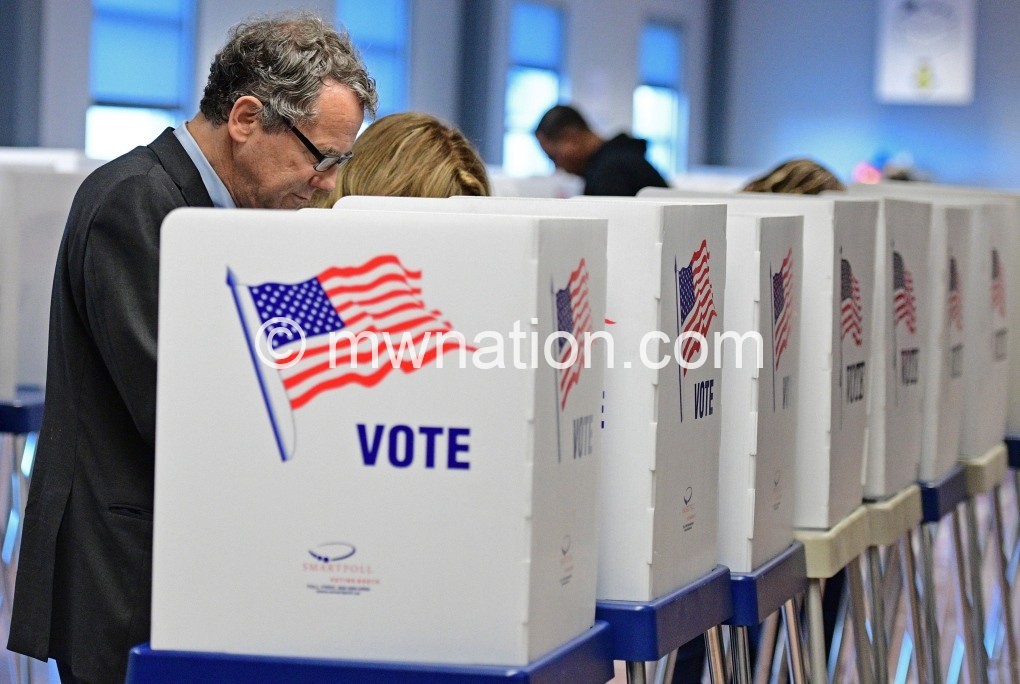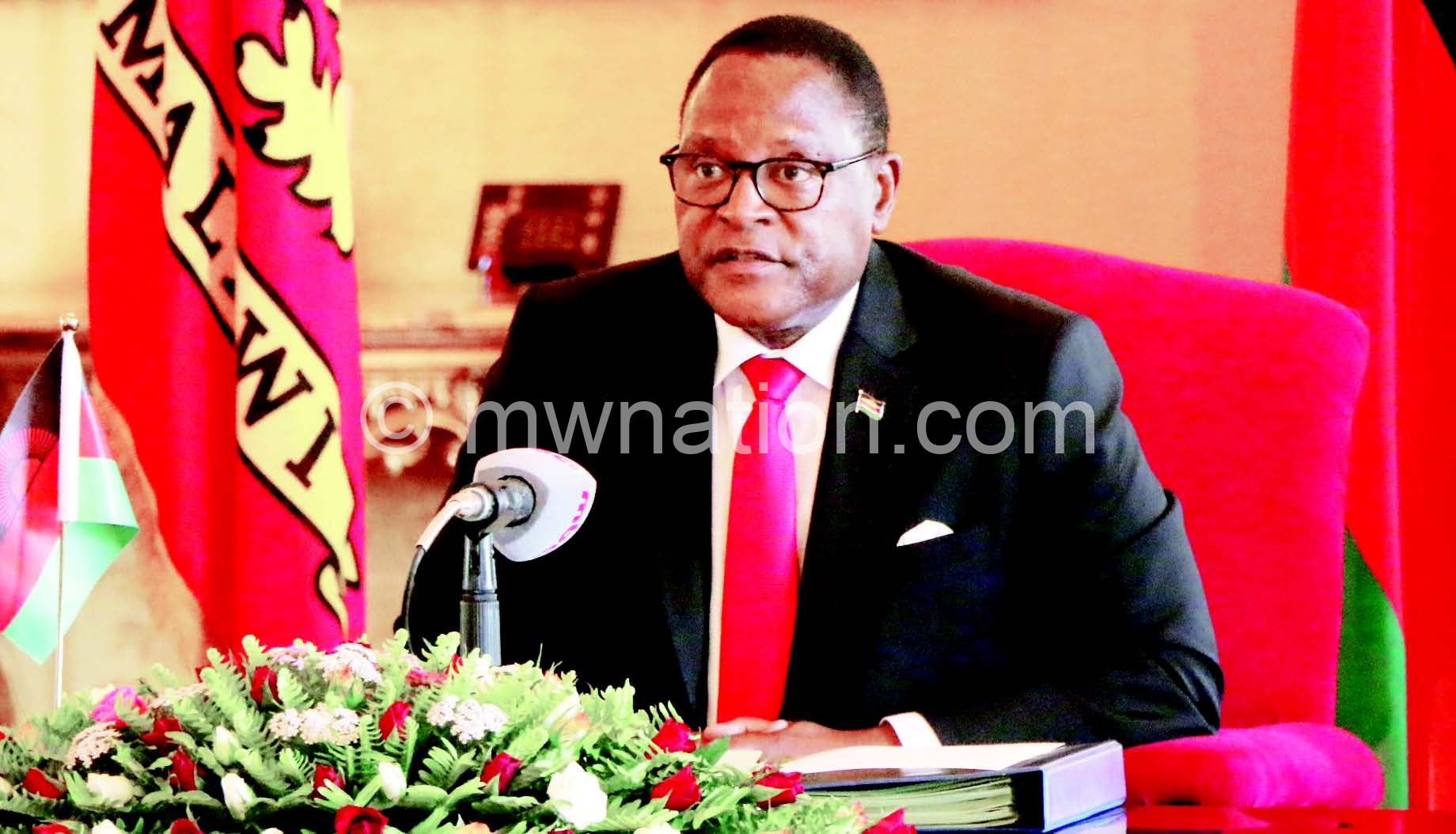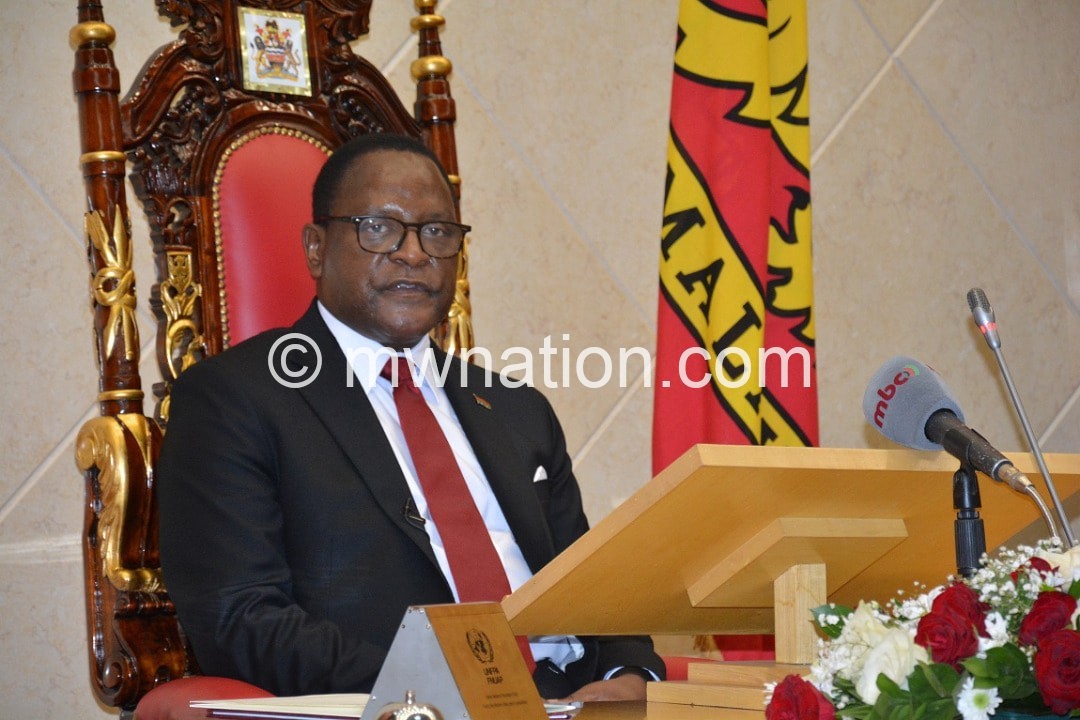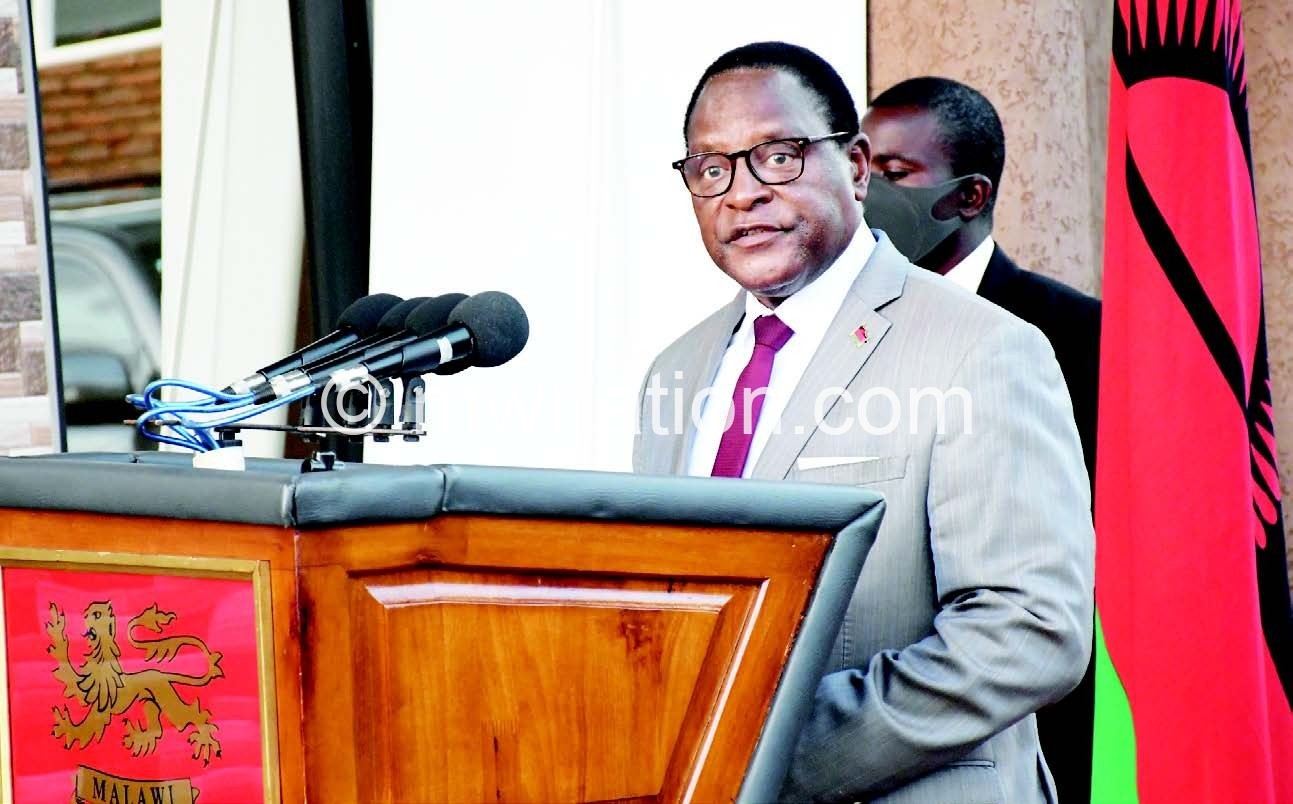Scepticism, reason for voter registration apathy
There has been much talk of the problem of voter registration apathy in the districts where the first phase of registration took place last month.
Figures from Malawi Electoral Commission (MEC) show that a total of 798 351 (72.96 percent) of the expected 1 094 269 have registered. This translates into a drop of about 16.5 percent from 2004 figures where about 89.46 or 892 403 people registered.
Low turnout is also currently being experienced in Dowa, Ntchisi, Nkhotakota and Mchinji where the second phase has kicked off and those who have national identity cards still seem not to care much to get registered.
Over the years, the exercise has been dogged by several challenges, among others, lack of identity cards. This year, that seemed to have been resolved by the introduction of national identity cards.
The issue of ignorance is a scapegoat for politicians. We on the streets believe that voter apathy is not informed by ignorance, because both government and civil society organisations (CSO) have and continue to nudge people to go and register.
Even fears of low voter registration turn-out being part of rigging by the Democratic Progressive Party (DPP) are unfounded. By nature, Malawians do things at the last minute. We are a slow nation, too slow for anything. But that might be stretching it too thin.
The real issue is that the majority of Malawians do not really care much to go out and vote although they talk about politics and cry wolf on social media. The problem seems to be one—not of apathy—but of political scepticism whereby many view politicians as all the same; namely, as thieves, corrupt, opportunistic, selfish and ethnically biased.
Malawians who wanted real change in the 1994 first multiparty election feel let down. Over the years, elected leaders have acted with impunity. They do not keep campaign promises. APM is a clear example. Consequently voters feel cheated and betrayed.
Political candidates often move out of rural areas to urban areas upon election and rarely visit their constituents to consult on issues to be tabled in Parliament. The Electoral Reforms Bills quickly come to mind.
Apart from that, parliamentary debate is largely dictated by partisan interests at the expense of genuine national priorities. Our Parliament has failed to transform itself into a true forum of dialogue, generation of common national agenda and a platform of elimination of fear, mistrust and marginalisation.
Political prostitution is very common. Why should I waste my time on the queue to vote for an opposition politician who will have joined the ruling party even before he was sworn into office? The tendencies of leaders crossing the floor at their own volition make voters feel used and abused.
Then there is the ugly animal called electoral violence. It creates an atmosphere of fear in the voters. The list is long. But all these and many other factors that centre on skepticism, while may appear as pedantic, but they are important.
Since the problem is largely one of scepticism, rather than apathy, then voter education interventions need to be more nuanced and must consider how to change our politicians individual behaviour given widely held perceptions of how they behave.
Although walking to MEC offices to demand answers is a welcome step towards addressing the challenge, it will not make the problem go away anytime soon.





